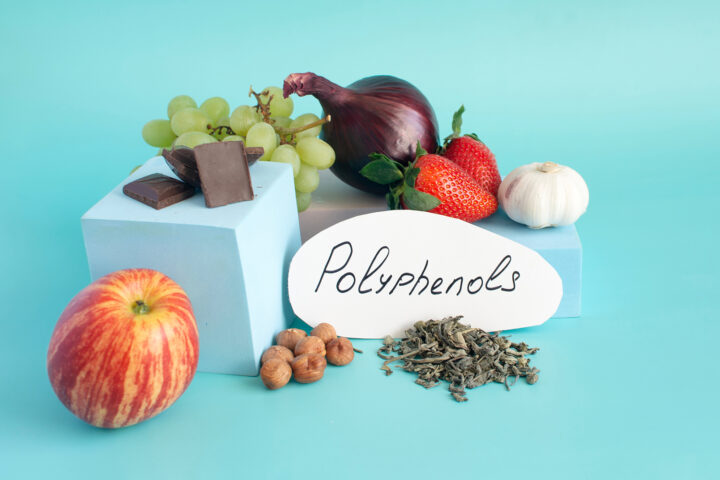Aging is a puzzle scientists have been trying to solve for centuries. Why do our bodies begin to break down, even when we are still capable of healing and renewing? A recent study titled “Aging by Autodigestion” by Frank A. DeLano and Geert W. Schmid-Schönbein offers a radical explanation that may surprise you: the very enzymes that help digest our food might be eating away at our bodies as we age.
The Digestion Process: Friend or Foe?
Most of us know that digestion is essential for breaking down the foods we eat. The pancreas produces enzymes like trypsin, elastase, and amylase, which are released into the small intestine to break down proteins, fats, and carbohydrates. Normally, these enzymes are safely confined within the intestines, thanks to a protective barrier of mucin—a slimy, protective layer that prevents these powerful substances from escaping into other parts of the body.
But, as this research reveals, as we get older, this mucin barrier begins to weaken, allowing these digestive enzymes to leak out and wreak havoc on other tissues, including the liver, lungs, kidneys, heart, and even the brain.
A Leak in the Gut Barrier: What Happens Next?
Picture this: your intestine is like a tightly controlled city with its walls, gates, and security systems in place. Now imagine that over time, the city’s walls crumble. Enzymes start leaking out of the intestines, seeping into areas they shouldn’t be, like secret agents on a mission gone wrong.
In the study, scientists found a significant increase in the accumulation of digestive enzymes in the organs of older rats compared to younger ones. In young rats, enzyme levels outside the intestines were minimal, but in older rats, these enzymes were found in almost every major organ, particularly the liver, lungs, and heart.
Once these enzymes break free, they begin to digest the tissues they come in contact with. In particular, they break down collagen, the vital structural protein that holds our tissues together. Collagen damage was particularly high in the intestines, heart, and even the skin of older rats. This kind of slow, invisible damage may be a key driver of aging, as tissues lose their integrity and function over time.
The Insulin Connection: A Deeper Dive
This study also uncovers a startling connection between these rogue enzymes and insulin resistance. One of the findings was that digestive enzymes cleave the extracellular domain of the insulin receptor in older rats, which can contribute to elevated blood glucose levels. This process mirrors what happens in conditions like Type 2 diabetes, where insulin can’t effectively do its job of regulating blood sugar.
This isn’t just about metabolic health; it might also explain the tissue damage that leads to chronic inflammation—a hallmark of aging.
A Ray of Hope: Can We Stop the Enzymes?
If digestive enzymes are secretly behind the damage of aging, the next question is: can we stop them?
The researchers tested this by treating older rats with a trypsin inhibitor for two weeks. Trypsin is one of the main enzymes responsible for the damage. After treatment, the rats showed significant improvements. The enzyme accumulation in organs was reduced, collagen damage was less severe, and insulin receptors were partially restored.
This finding opens the door to new potential treatments that could slow down the aging process by targeting this enzyme leak. It’s almost like patching up the walls of that crumbling city, reinforcing its defenses to keep the destructive agents in check.
A Punch to the Gut: Implications for Aging
The idea that aging might be linked to “autodigestion” is both shocking and strangely logical. For years, scientists have looked at aging as the gradual breakdown of our body’s systems—cell by cell, tissue by tissue. But this research suggests that aging could be driven by an underlying biological mechanism linked to our digestive process. What if the same enzymes that help us survive are slowly leading us to age?
More research is needed to see how this theory could translate to humans. Still, the prospect of using enzyme inhibitors as a therapeutic strategy to delay aging could change how we think about healthspan—keeping our bodies younger, longer.











